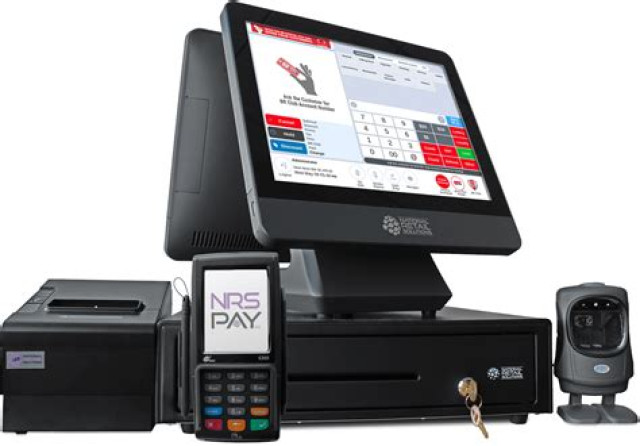Point of Sale operators, who are members of the Association of Mobile Money and Bank Agents in Nigeria, are preparing to take legal action against the mandatory registration requirement imposed by the Corporate Affairs Commission.
The President of the association, Fasasi Sarafadeen, criticized the directive that PoS operators must register with the CAC, stating that it compelled the association to seek legal redress.
Sarafadeen argued that the CAC's directive violated the Companies and Allied Matters Act, Laws of the Federation of Nigeria, 2004, which explicitly states that the commission has no authority over individuals who are not operating as a company.
He emphasized that section 863(1) of the Companies and Allied Matters Act, 2004, prohibits the enforcement of the CAC directive on individual PoS agents operating under their name, and this will be contested as it goes against the law.
He stated that CAMA only requires individuals operating as a company to register. There are two types of POS agents: individuals and non-individuals. Individual agents operate under their own names, like Musa Caroline or Abubakar Audu, and are usually profiled with financial institutions under their names.
Non-individual agents, on the other hand, operate under registered or unregistered business names, such as Wale Ventures or Johnson Enterprises. The Corporate Affairs Commission can enforce the law on this second category of agents because they are required to register their business names by law.
Sarafadeen explained that sub-agents are independent branches of a company already registered with the Corporate Affairs Commission.
The AMMBAN leader suggested that the CAC should concentrate on addressing the high failure rate of registered businesses in Nigeria instead of enforcing regulations on individual POS agents operating under their names.
“The Corporate Affairs Commission should prioritize tackling the alarming failure rate of registered businesses in Nigeria rather than focusing on sub-agents. With over 4.9 million businesses registered, 50 percent of which fail every five years, this should be the main focus.
He observed that the crackdown on agent banking under the guise of CAC registration did not align with President Bola Tinubu's renewed Hope agenda, which emphasizes job creation and opposes policies that lead to unemployment.
He stated, "We understand that President Bola Ahmed Tinubu does not support any policy that would result in unemployment, and agent banking has generated over 1.9 million jobs in recent years.
The clampdown in the name of CAC registration contradicts Mr. President's renewed Hope agenda, and we urge the President, the Senate, and the House of Representatives to intervene as they did with the anti-masses policy of cyber security levy.
CAC should focus on the fact that 50% of registered businesses in Nigeria fail within the first few years, leading to increasing unemployment. Instead of implementing policies that would eliminate entrepreneurs, exacerbate unemployment, and reverse the progress of financial inclusion in Nigeria."
The Federal Government, through the Corporate Affairs Commission, had set a two-month deadline for Point of Sales companies to register their agents, merchants, and individuals with the commission in accordance with legal requirements and the directives of the Central Bank of Nigeria.
This decision was made during a meeting between Fintechs and the Registrar-General of CAC, Hussaini Ishaq Magaji, in Abuja.




















